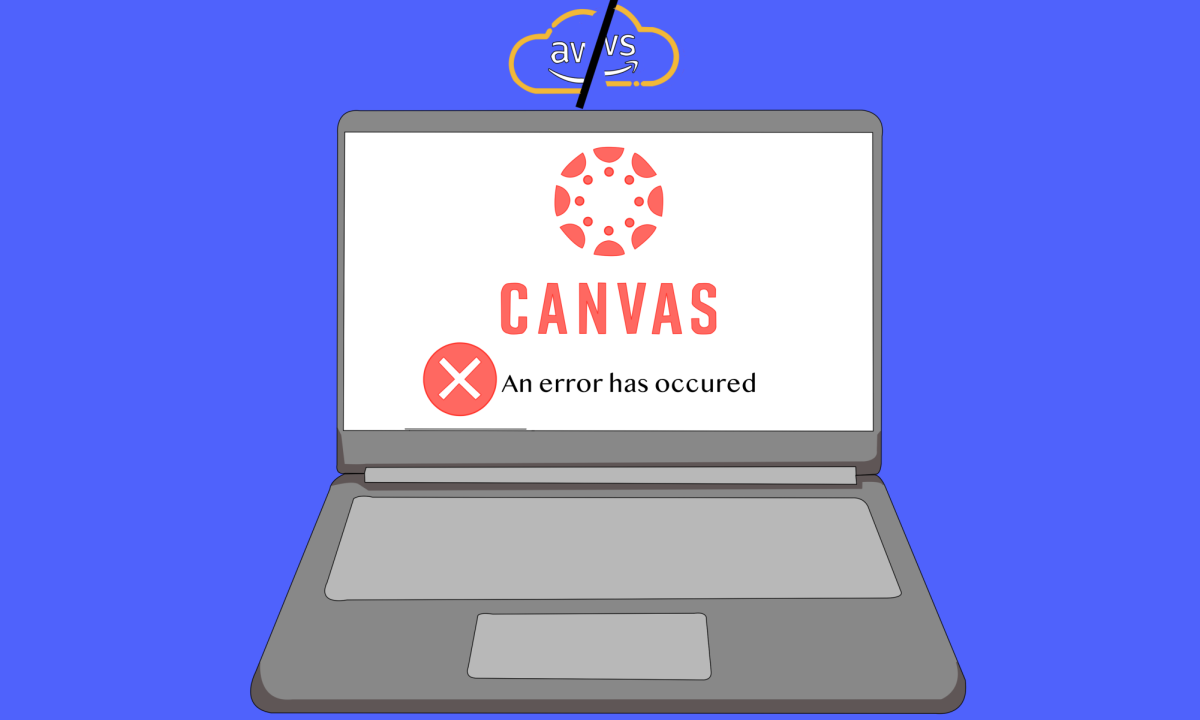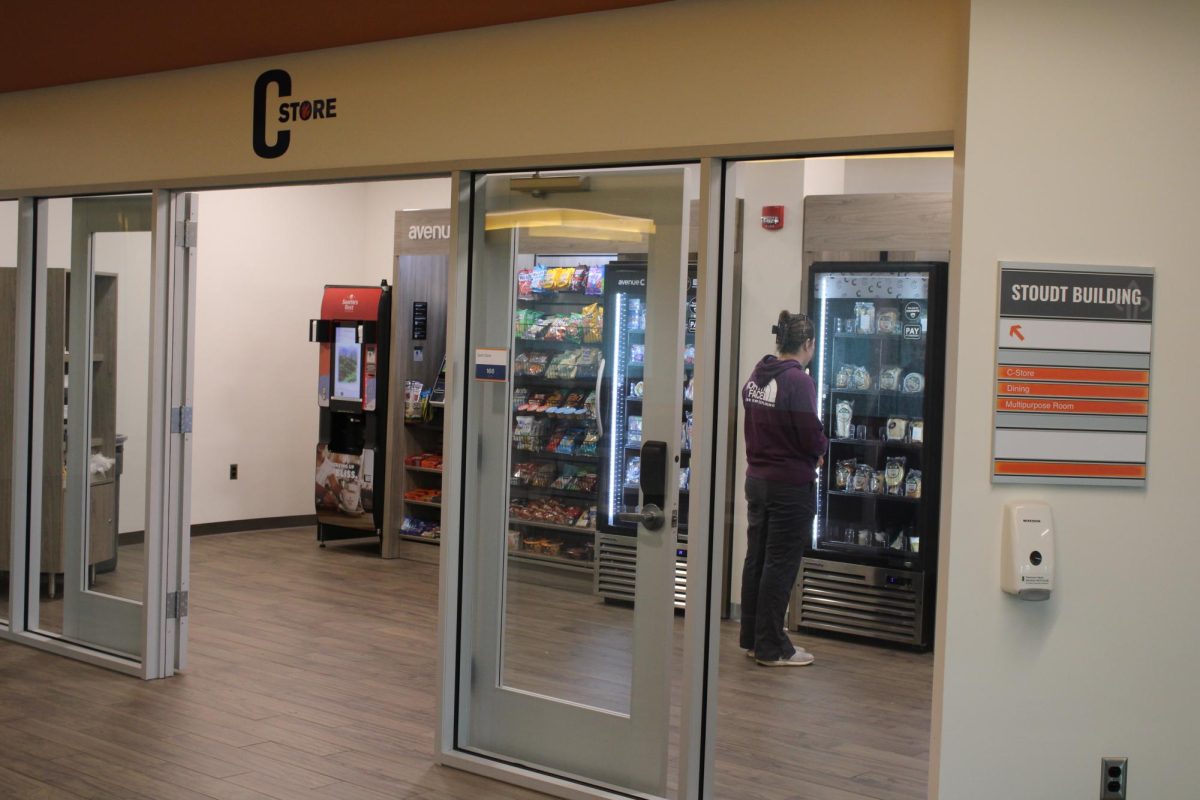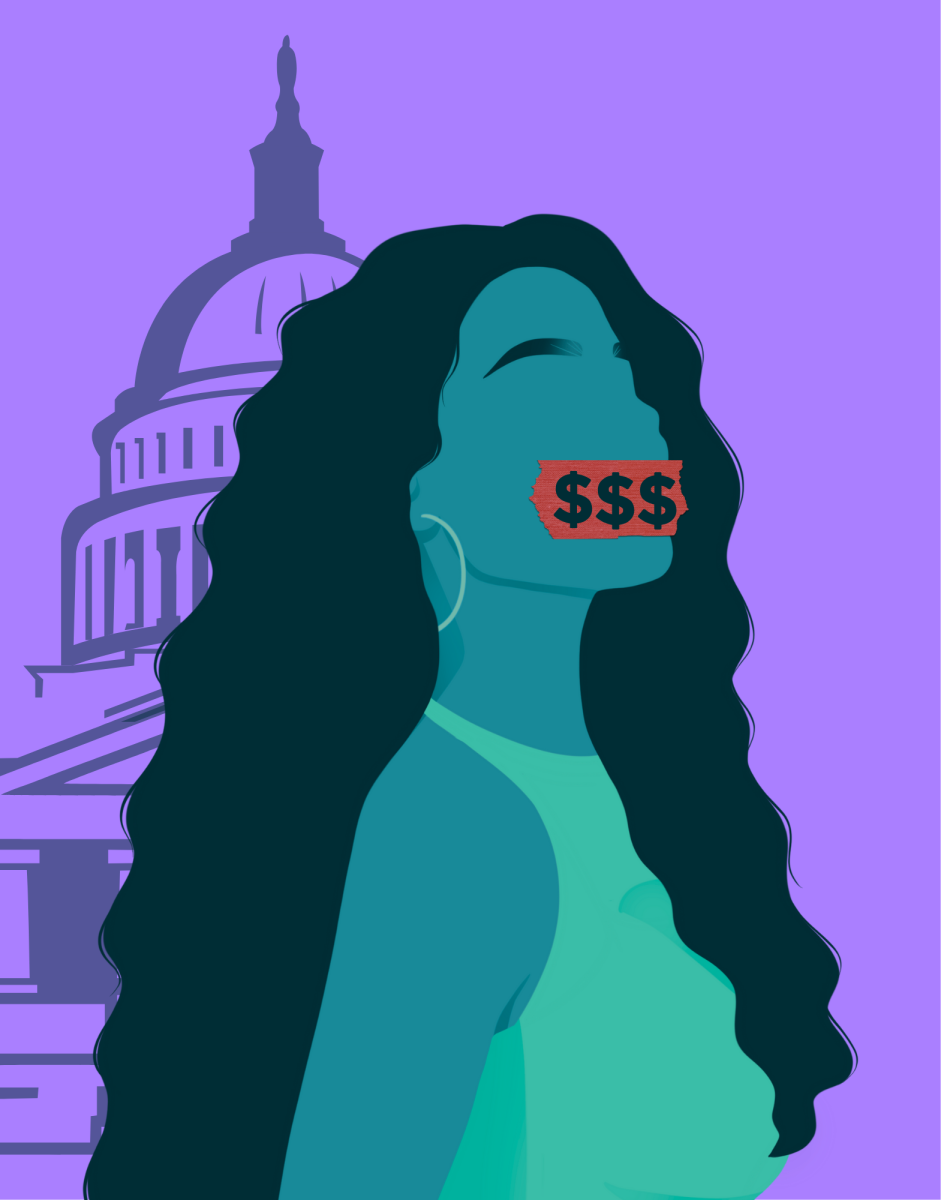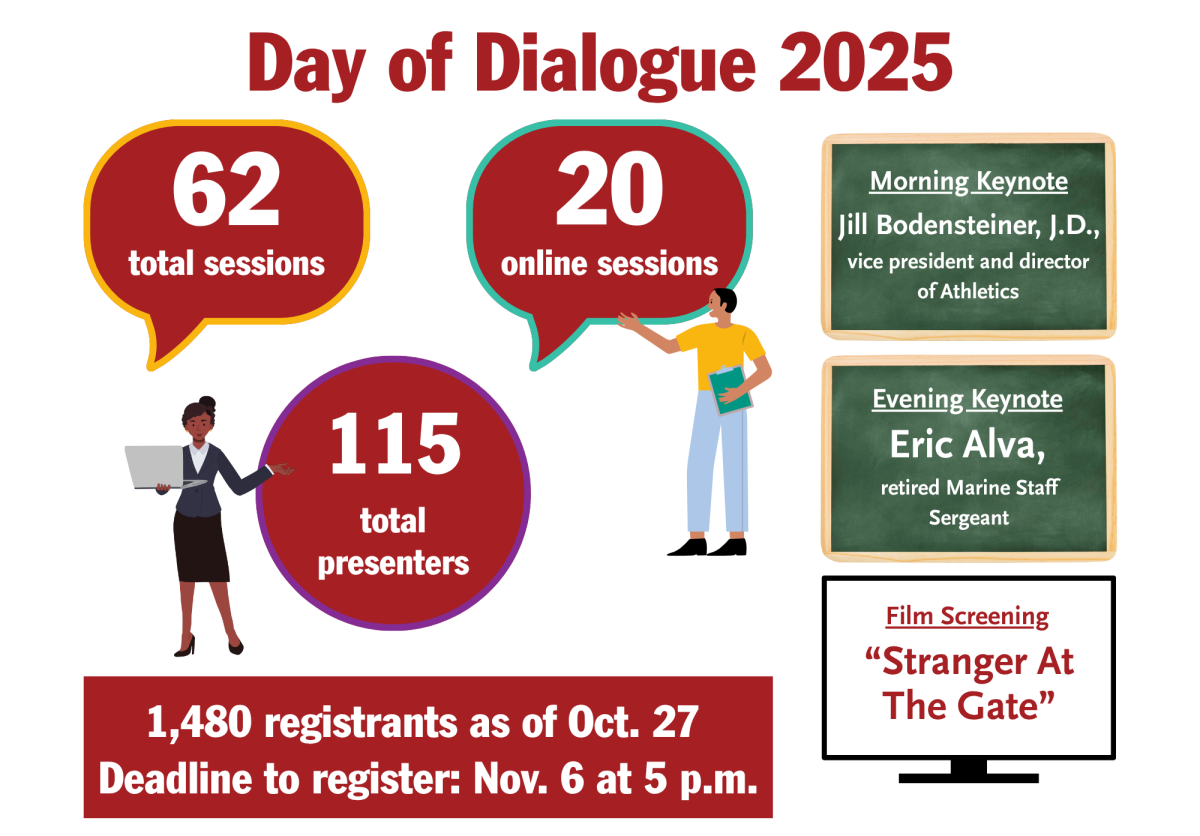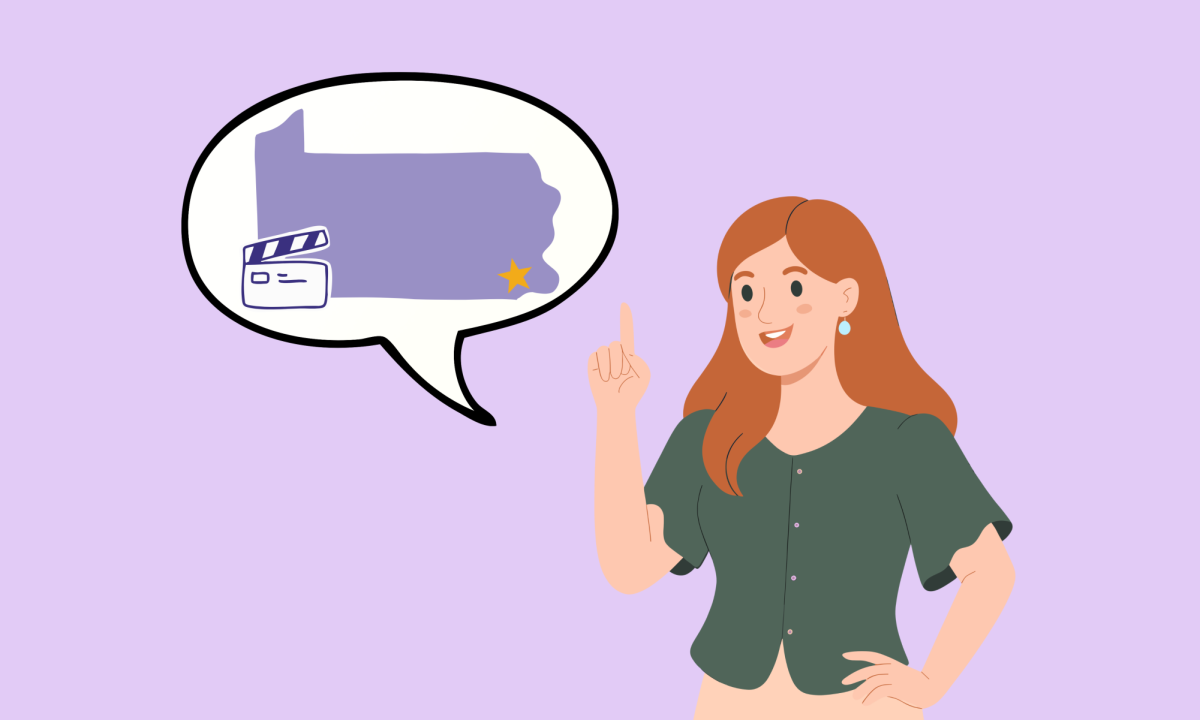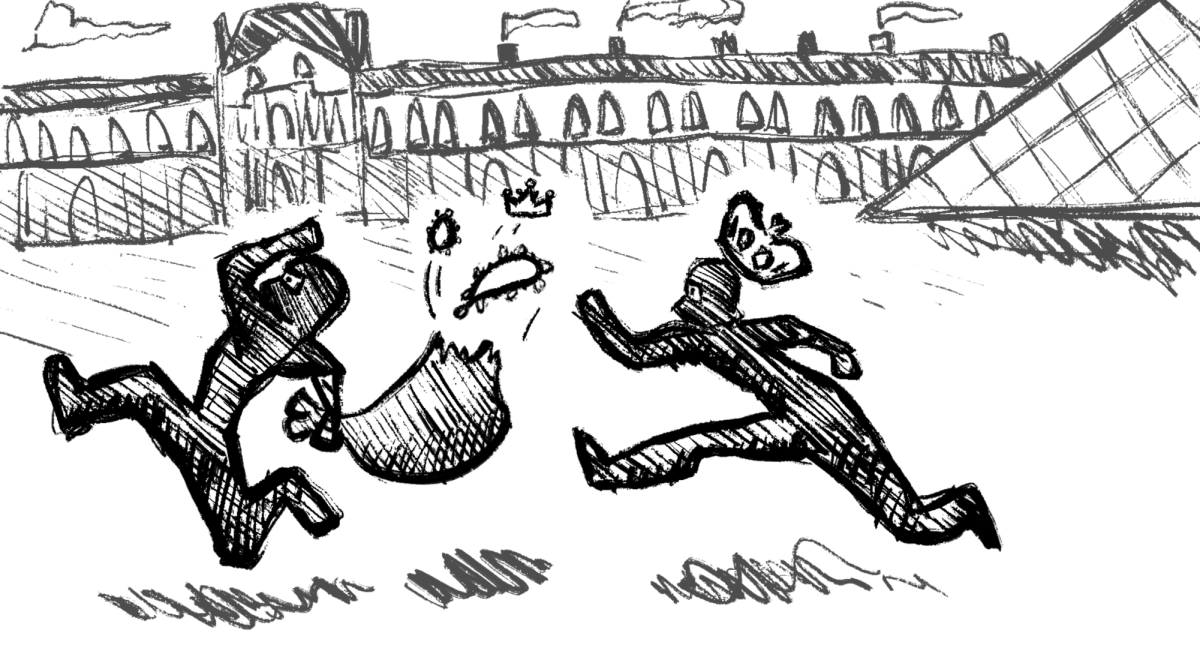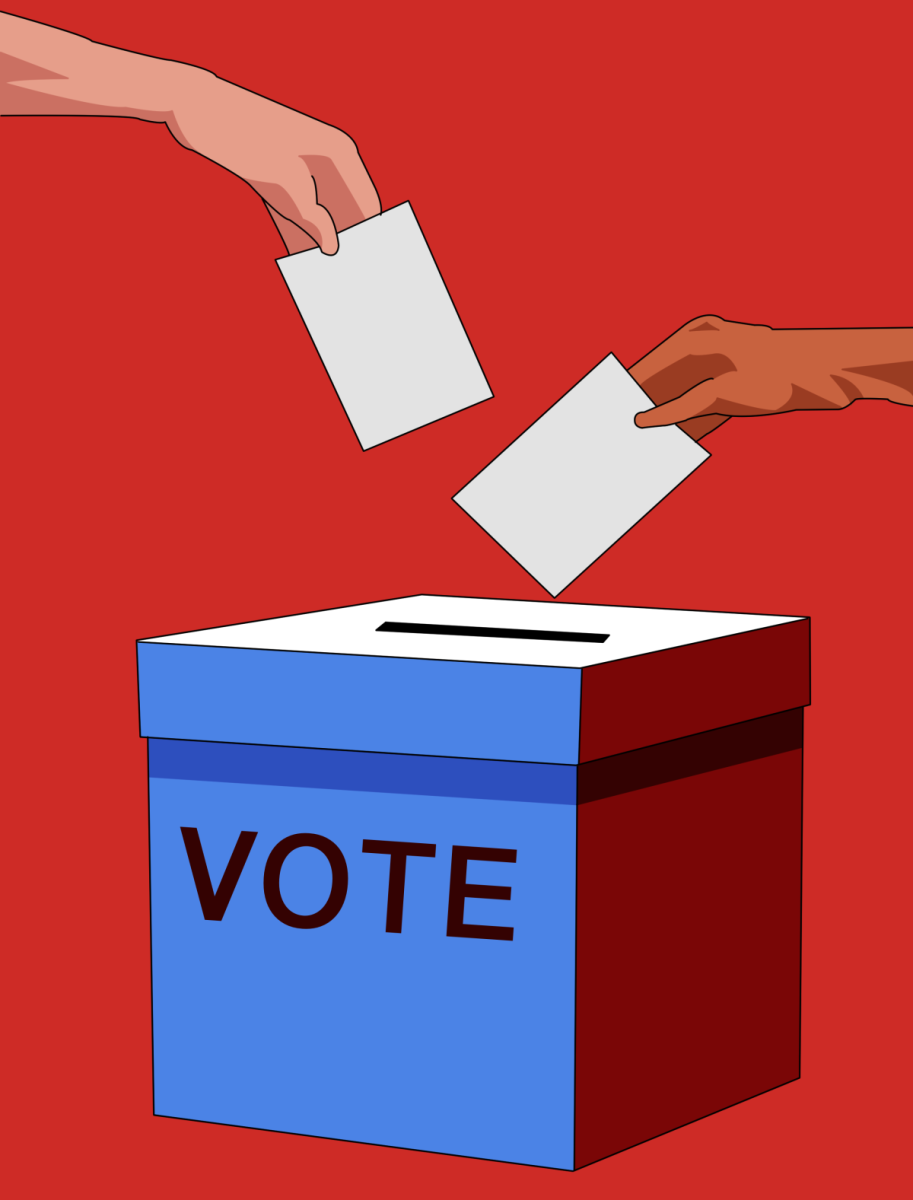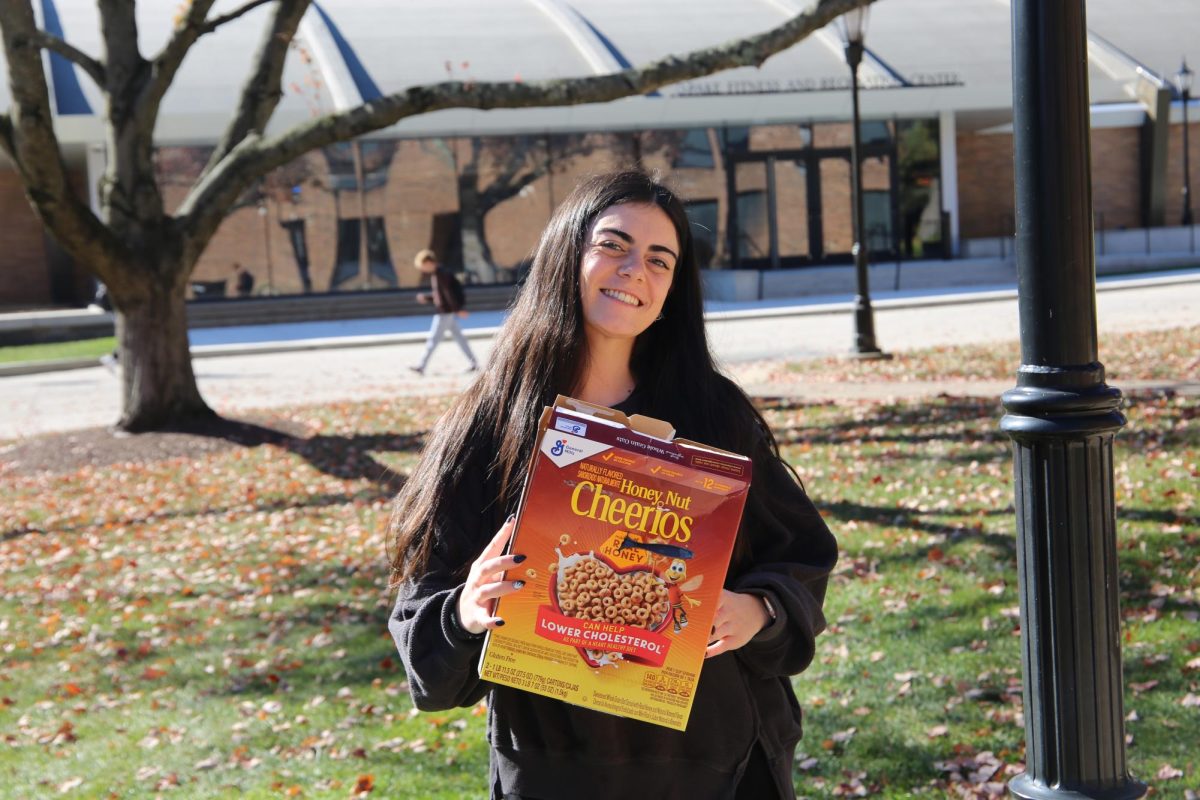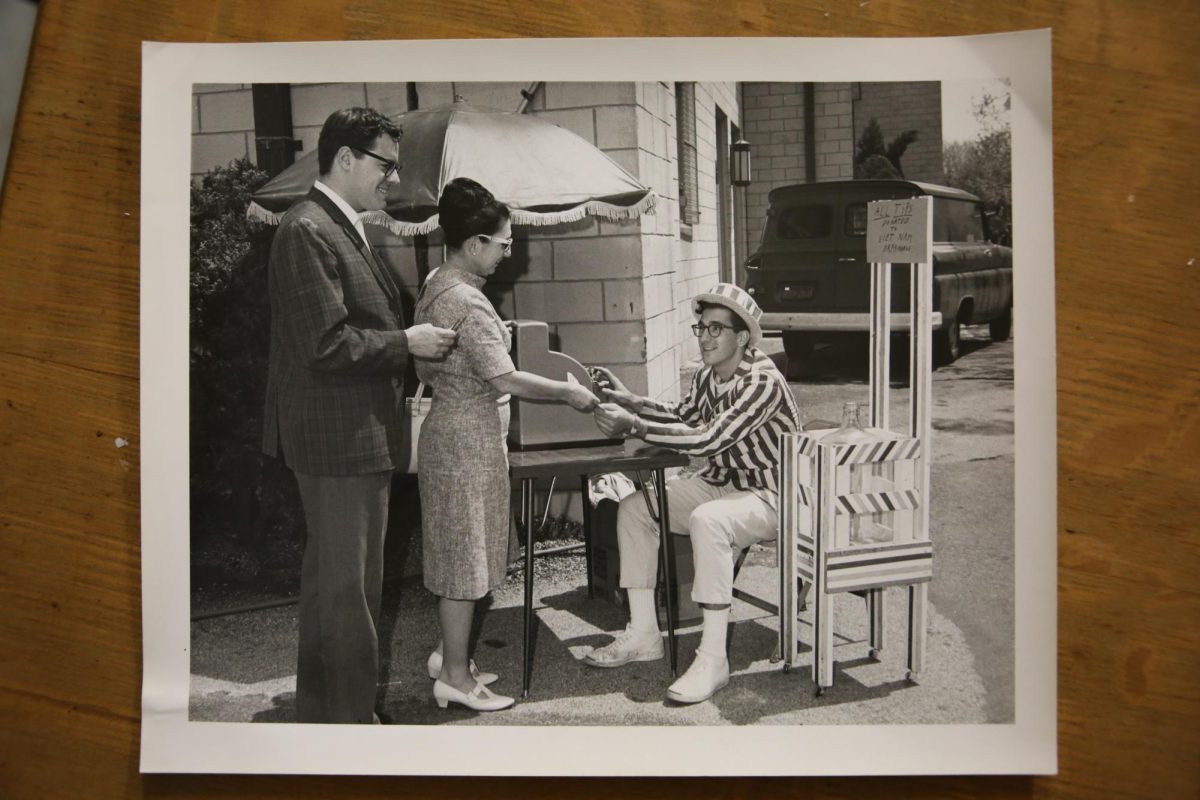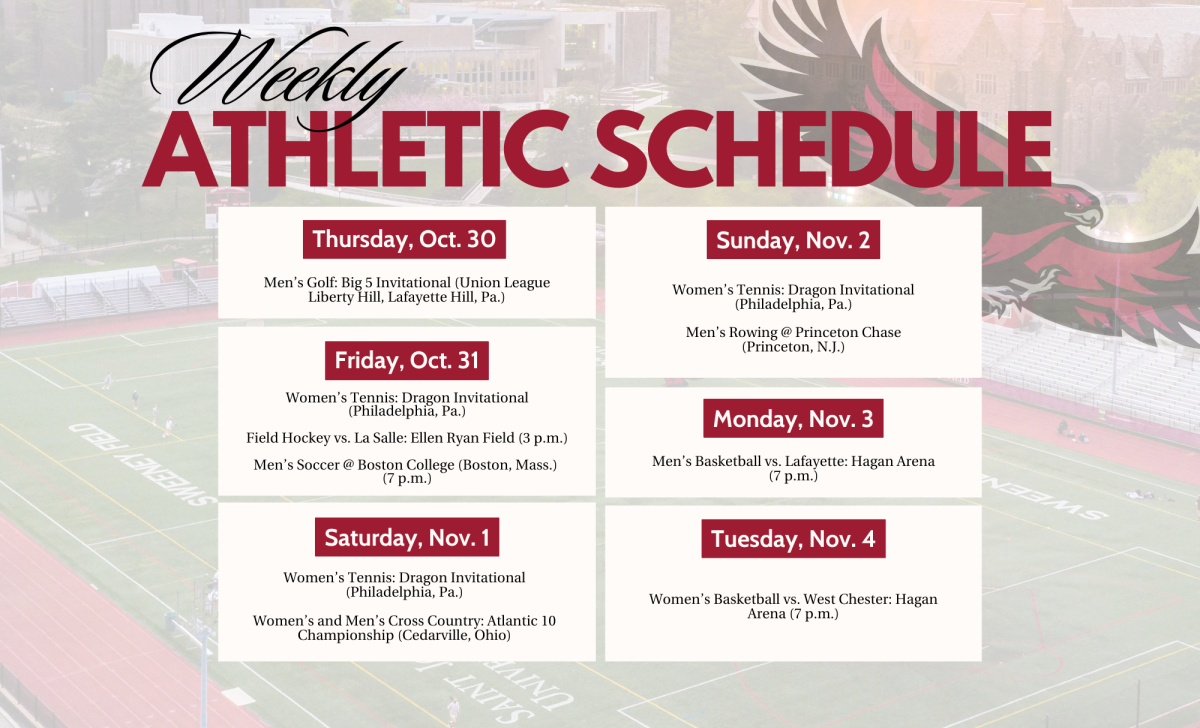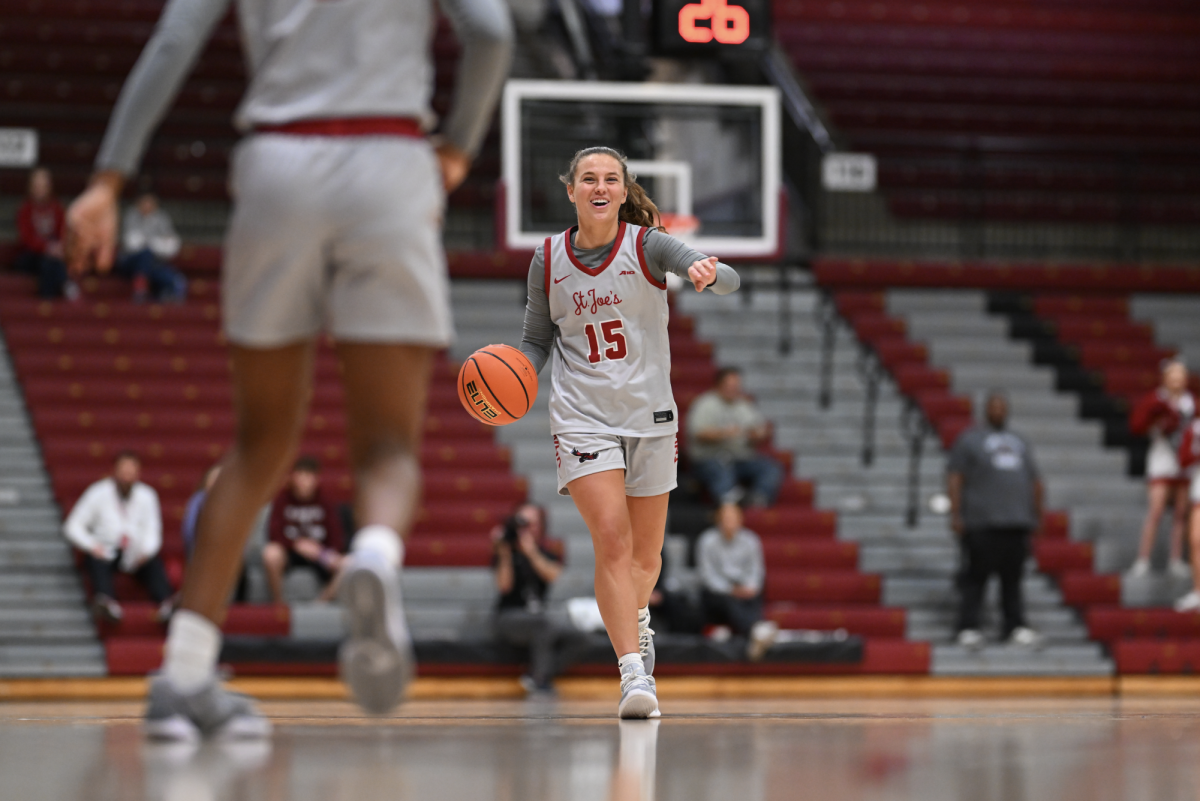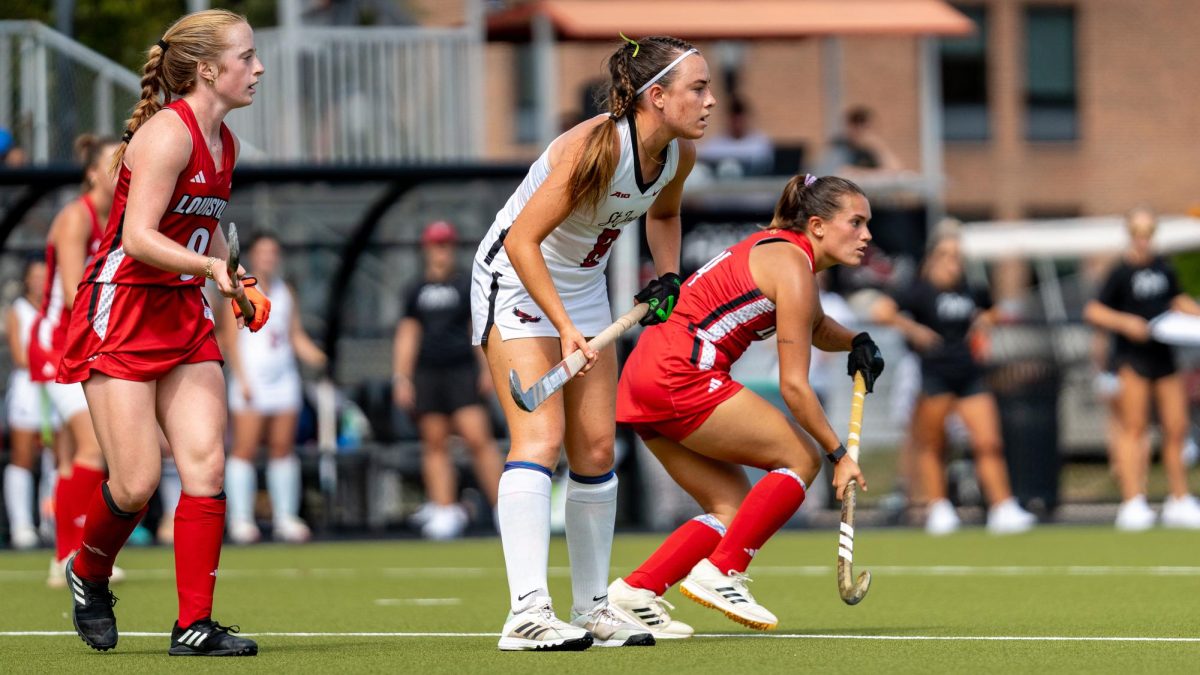Taking care of ourselves and our communities
As we prepare for our first break of the semester, it is important for us to make our physical, mental and emotional health a priority during this time of rest.
This past year has been exhausting to say the least. This time last year, the coronavirus pandemic hit and we were about to learn that we would not be returning to campus for the remainder of the spring 2020 semester.
While it seems as though we are nearing the end of the pandemic with about 47 million Americans being vaccinated within the first four months of vaccine rollouts, cases are rising again on campus and nationally. The pandemic is not over, as the director of the Centers for Disease Control and Prevention (CDC) fears that we may face a fourth wave as COVID-19 cases continue to rise. We must be diligent in continuing to follow CDC and university health and safety protocols.
On March 25, the university announced that due to the upward trend in COVID-19 cases in the campus community, the university postponed all interactive on-campus activities on a case-by-case basis and restricted campus dining to grab-and-go.
While these guidelines are targeted at on-campus interactions, we must continue to limit our off-campus interactions as well. This includes wearing a mask whenever around others outside of your residence and limiting gatherings. Similarly, getting tested before going home and once arriving home for break will help avoid transmitting the virus to household members. If possible, isolate or quarantine a few days before going home.
Upholding our physical health during this time is extremely important, but since this is our first and only break of the semester, we should try to use this time to work on our mental and emotional health as well.
Without spring break, Easter break feels like the first time we can truly take a moment to not worry about what’s coming next as far as school goes, even if it is only a four-day break. Take this time to practice self-care. In order to finish out the semester strong, we have to be in a good place mentally and emotionally.
St. Joe’s Counseling and Psychological Services (CAPS) provides resources for how to practice self-care and prioritize mental health that can be useful over Easter break. CAPS also offers online counseling for students struggling with their mental and emotional health, and has an emergency line that’s available 24 hours, as well as on holidays and weekends (610-660-1090, Option 2).
We encourage all students to take advantage of this time off responsibly by upholding COVID-19 health and safety protocols, while also recharging to finish out the semester strong.
-The Editorial Board

